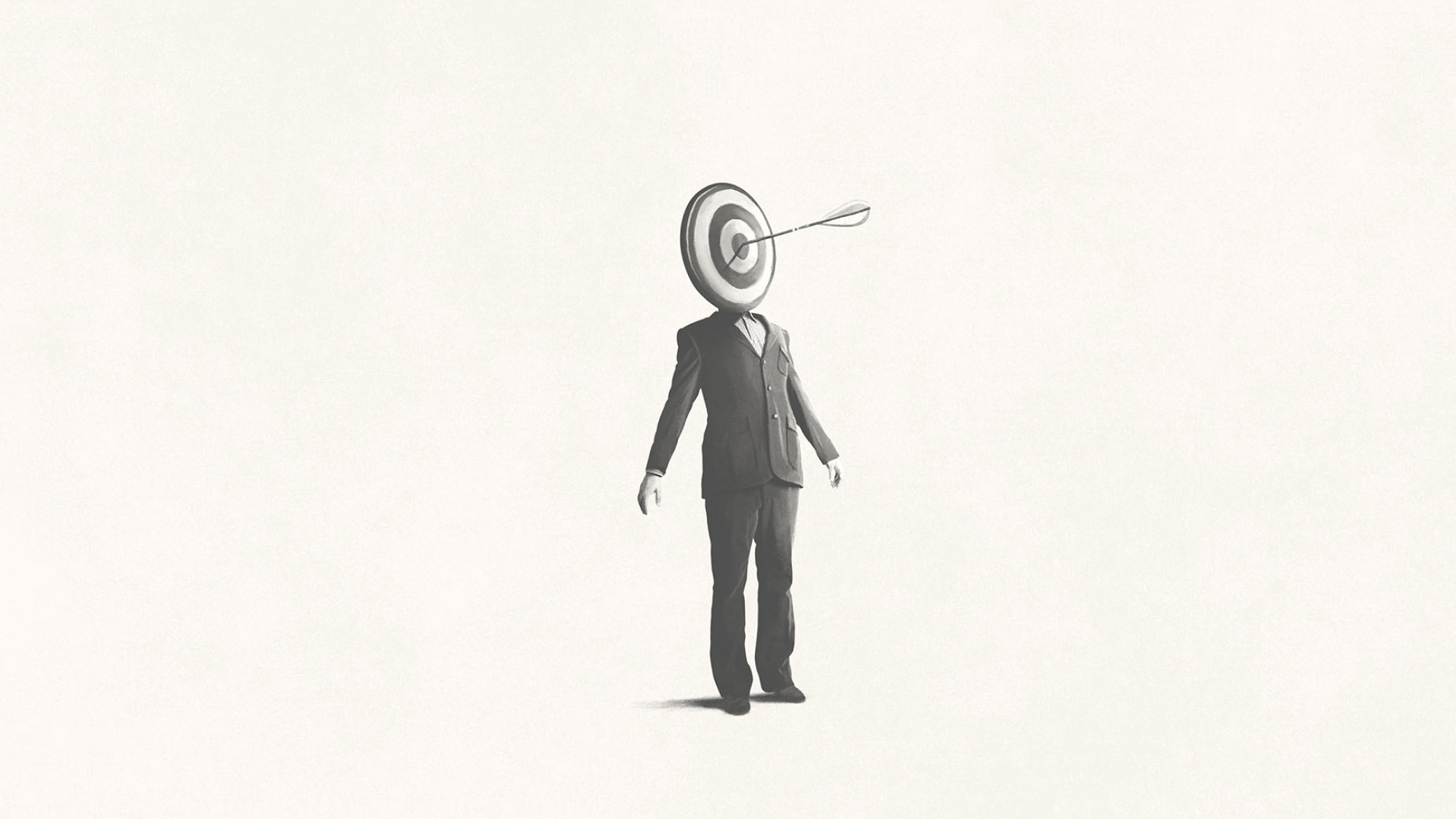
For as long as it has been around (which isn’t too long), studying the brain for marketing purposes has been wrapped in controversy, with many questioning the ethics of this field known as neuromarketing.
The implications of its applications could be revolutionary for the marketing industry as a whole, but perhaps due to its infancy, there are still several limitations and challenges the field faces for it to be completely widely accepted.
The irrationality of who we are
There is no doubt that neuromarketing can serve as a great framework for a better understanding of how we make decisions (especially those centered around consumer behavior). No matter how much we wish we were, human beings are irrational creatures. As evident from the countless examples provided on this website, there are a plethora of cognitive biases that govern the choices we make. There are countless heuristics in our minds that pull us to make decisions unknowingly, even if our beliefs contradict our actions.
Thus, a field like neuromarketing – where we blend the knowledge of neuroscience into a more business context – can give us the needed insights to better understand the very thing that makes the economy turn: humans.

Yet, even with that being the case, this is definitely a far cry from accepting that everything that comes out of neuromarketing is justified and valid. In fact, it is hard to say with full certainty that what we learn from neuromarketing is actually 100% applicable for every situation.
In the end, there is a lot of factors we need to consider when making decisions, from the environment to the surrounding stimulus around us. Understanding human behavior in varying contexts is not as simple as the dividing line between black and white.
There is a whole lot of grey area.
Is neuromarketing ethical?
Neuromarketing is not a be-all, end-all solution. It does not guarantee sure-fire sales. It merely serves as a guideline, an added insight for marketers to see things slightly better. It is, after all, just another form of market research, with a splash of scientific flavor added in the mix.
The only difference is, however, with this research comes the act of peering into the brain and uncovering things we ourselves aren’t consciously aware of. It is a look into, what some of us may consider, the private data of our minds.

So, if a company yearns to see which product advertisement is more effective (on a subconscious level) for their audience, or which form factor of their product has a closer association with the emotion of happiness, is using this information of our subconscious a violation to our trust as consumers?
Some ethical questions businesses need to consider when exploring the field of neuromarketing is whether it is:
- Manipulative
- Invasion of privacy
- Taking advantage of the vulnerable
- A lack of regulation
- Breaking autonomy
The paradox of choice
No matter which way we look at it, one thing that remains true is that the modern human is spoiled beyond all measure when it comes to consumption. We live in an age where there is an abundance of choice, and as such, consumers these days are oftentimes suffering from whats called analysis paralysis, the inability to make a decision due to over-thinking a problem or choice.
There have been countless research revealing that analysis paralysis can take quite a toll on us, reducing things like productivity and even mental well-being.
As American psychologist Barry Schwartz once noted on the ‘paradox of choice,’
An effect [of too many choices] is that even if we manage to overcome the paralysis and make a choice, we end up less satisfied with the result of the choice than we would be if we had fewer options to choose from
— Barry Shwartz, The Paradox of Choice
What it means to keep us happy
In an age of e-commerce, drone deliveries and social media, we expect comfort and convenience over everything, so much so that it’s hard to ignore the harsh truth — that we may need help to make the decisions for us.
From this issue of spoiled choice, companies and brands are put in a position where they need to obtain information on the true desires of what we want — perhaps not necessarily as a way to manipulate us — but instead, simply meet our insatiable demands as consumers.
And if thats whats to keep us satisfied, maybe, neuromarketing — while manipulative and unethical as it may seem to some — may be an inevitability to keep us, as consumers, happy.










